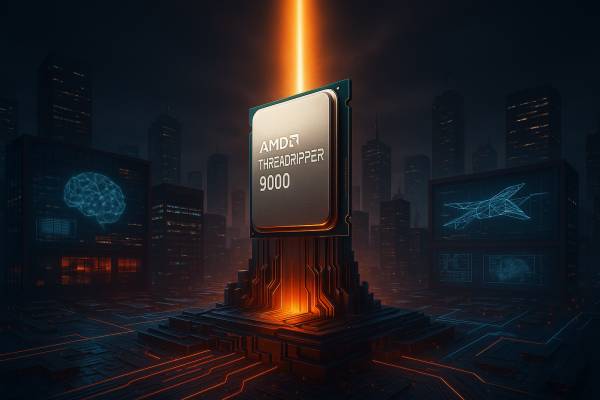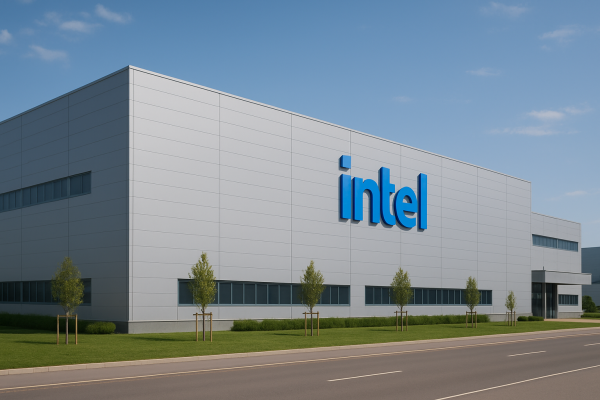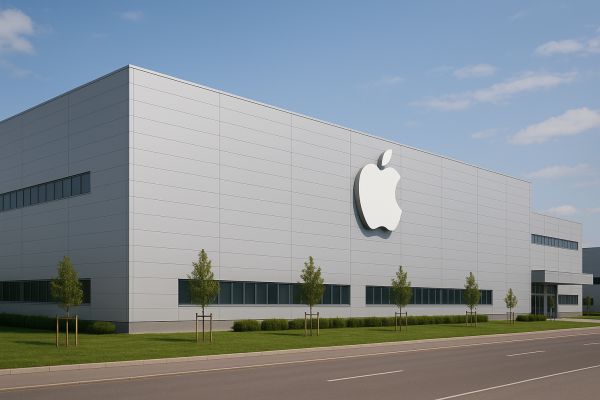ARM Limited is the developer of the widely used ARM (Advanced RISC Machine) processor architecture. Although ARM-based processors are among the most commonly used chip designs in the world today, the company itself does not manufacture chips but instead generates revenue through licensing its designs.
With the rise of artificial intelligence, the demand for chips has surged, so it is perhaps not surprising that the company has decided to expand into manufacturing alongside design. Its first project is an AI chip that it aims to bring to market, with a prototype expected this spring and, if all goes well, mass production planned for the autumn.
Another initiative, which has not yet been officially confirmed, is the production of processors for servers, with Meta potentially being the primary customer.
The majority owner of ARM Limited is Masayoshi Son, who is also the founder of SoftBank Group. Not only is SoftBank involved in the U.S. Stargate project, but Son himself will serve as the chairman of the project. Chip manufacturing tailored to meet the needs of artificial intelligence could thus be part of a larger strategy. One expected outcome is that ARM will challenge Intel and AMD in a new market segment. Another is that server power consumption will decrease if ARM continues to develop energy-efficient CPUs. However, this reduction in power consumption will not lead to lower electricity bills but rather to a surge in computing capacity.























